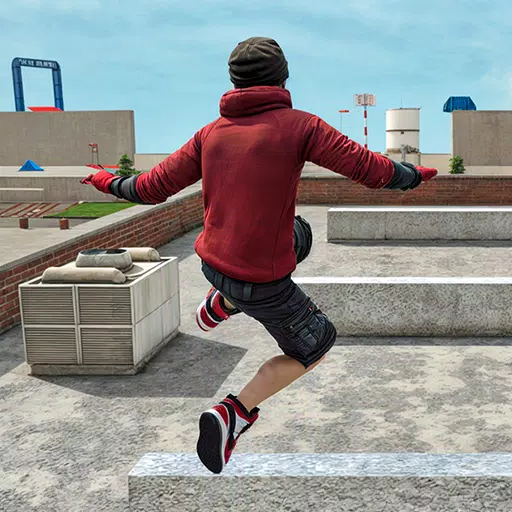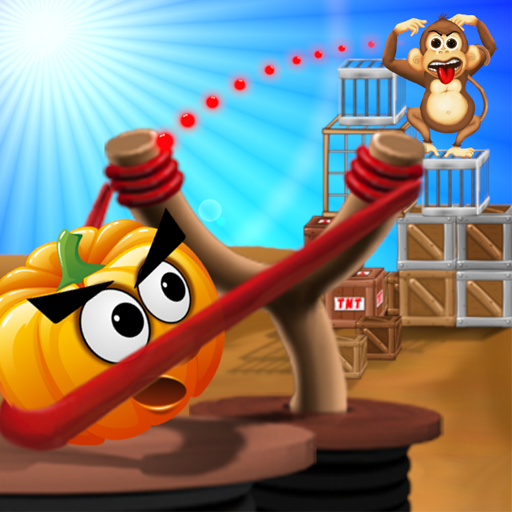Captain America: Brave New World leaves viewers with several lingering questions. This MCU entry, while showcasing Anthony Mackie's Sam Wilson as the new Captain America, falls short in several key areas, leaving audiences with a sense of incompleteness.
The Missing Hulk: The film directly builds upon the events of The Incredible Hulk, yet conspicuously omits Mark Ruffalo's Bruce Banner. Given the film's plot points directly relating to gamma radiation and the return of Samuel Sterns (The Leader), Banner's absence is glaring and unexplained, creating a significant plot hole. His expertise and connection to the central conflict would have logically warranted his inclusion.
The Underwhelming Leader: Tim Blake Nelson's Samuel Sterns, now The Leader, lacks the strategic brilliance expected of such a villain. His actions seem short-sighted, particularly his self-surrender, undermining his portrayal as a mastermind. His motivations appear limited to personal revenge against President Ross, failing to capitalize on his vast intellect and the broader implications of his actions.
Red Hulk's Inconsistency: The film's portrayal of Red Hulk (President Ross) deviates significantly from the comic book version. Instead of a tactically astute and intelligent adversary, the MCU's Red Hulk is depicted as a mindless rage monster, mirroring the early depictions of the Green Hulk. This missed opportunity to showcase a unique Hulk variant is disappointing.
Inconsistencies in Combat: Red Hulk's invulnerability to bullets is contradicted by Captain America's ability to injure him with vibranium blades. While vibranium's superior properties provide a plausible explanation, it raises questions about the consistency of power levels within the MCU.
Bucky's Unexpected Career Change: Sebastian Stan's Bucky Barnes' sudden appearance as an aspiring politician feels jarring and unexplained. His past actions and personality traits seem incongruent with a political career, leaving this plot point feeling tacked on.
Sidewinder's Unexplained Grudge: Giancarlo Esposito's Sidewinder harbors a deep-seated hatred for Captain America, a motivation that remains unexplained. This unresolved conflict leaves a significant plot thread dangling, though future appearances may offer clarification.
Sabra's Unnecessary Inclusion: Shira Haas' Ruth Bat-Seraph, a character adapted from the comics, feels underutilized and ultimately serves little purpose in the narrative. Her adaptation from the comics strips away key elements, leaving her a somewhat generic character.
Adamantium's Uncertain Significance: The introduction of adamantium as a MacGuffin drives the plot but lacks long-term implications. While its connection to Wolverine is anticipated, its broader impact on the MCU's future remains unclear.
The Ongoing Absence of the Avengers: The film touches upon the need for a new Avengers team, but fails to meaningfully progress towards its formation. The lack of significant groundwork for a future Avengers team-up, especially with Avengers: Doomsday approaching, is concerning.
These unanswered questions and underdeveloped aspects contribute to a sense of disappointment, leaving Captain America: Brave New World feeling less impactful than anticipated. The film's focus on individual character arcs overshadows the potential for a larger, more cohesive narrative within the broader MCU.
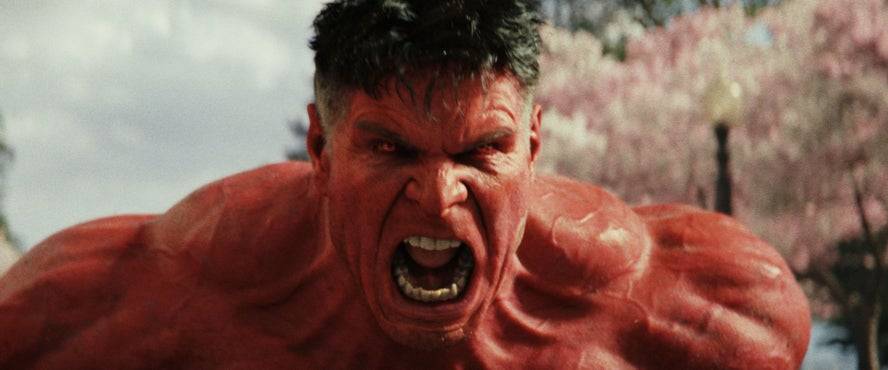

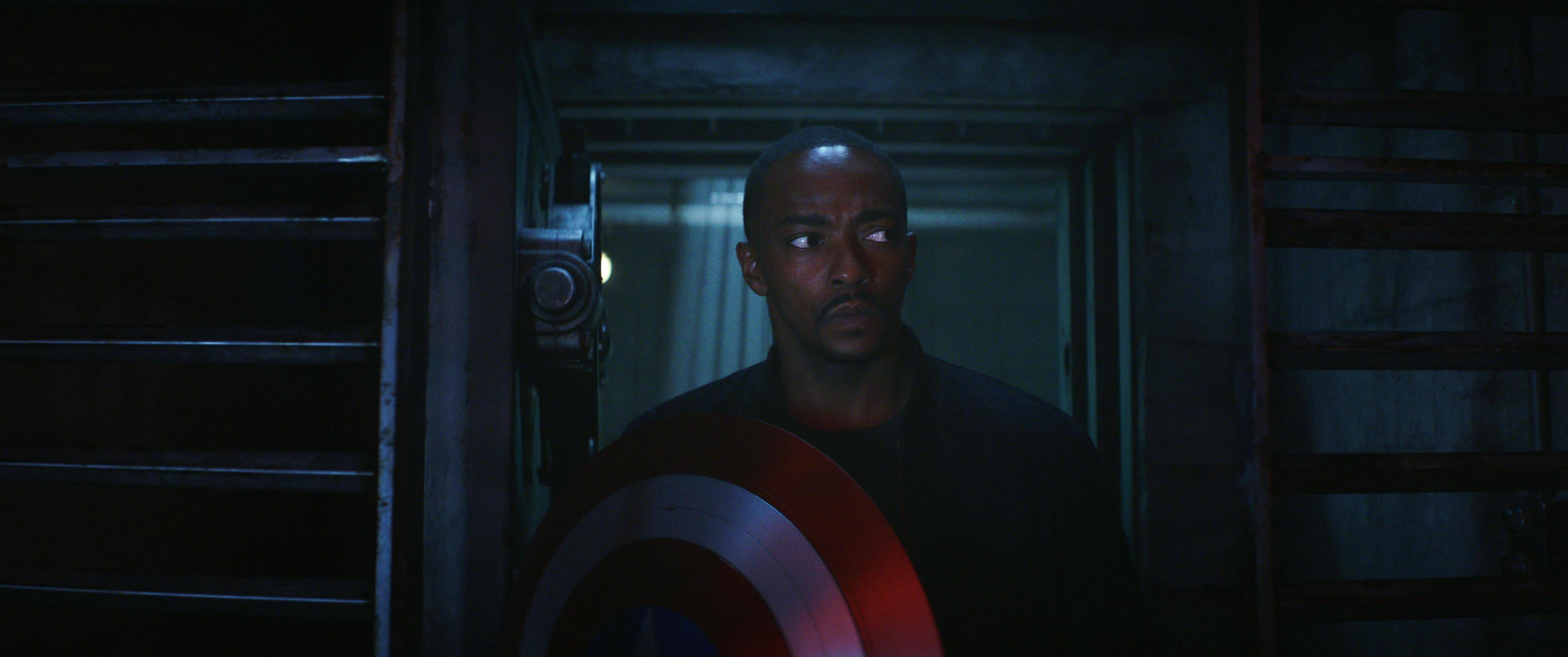

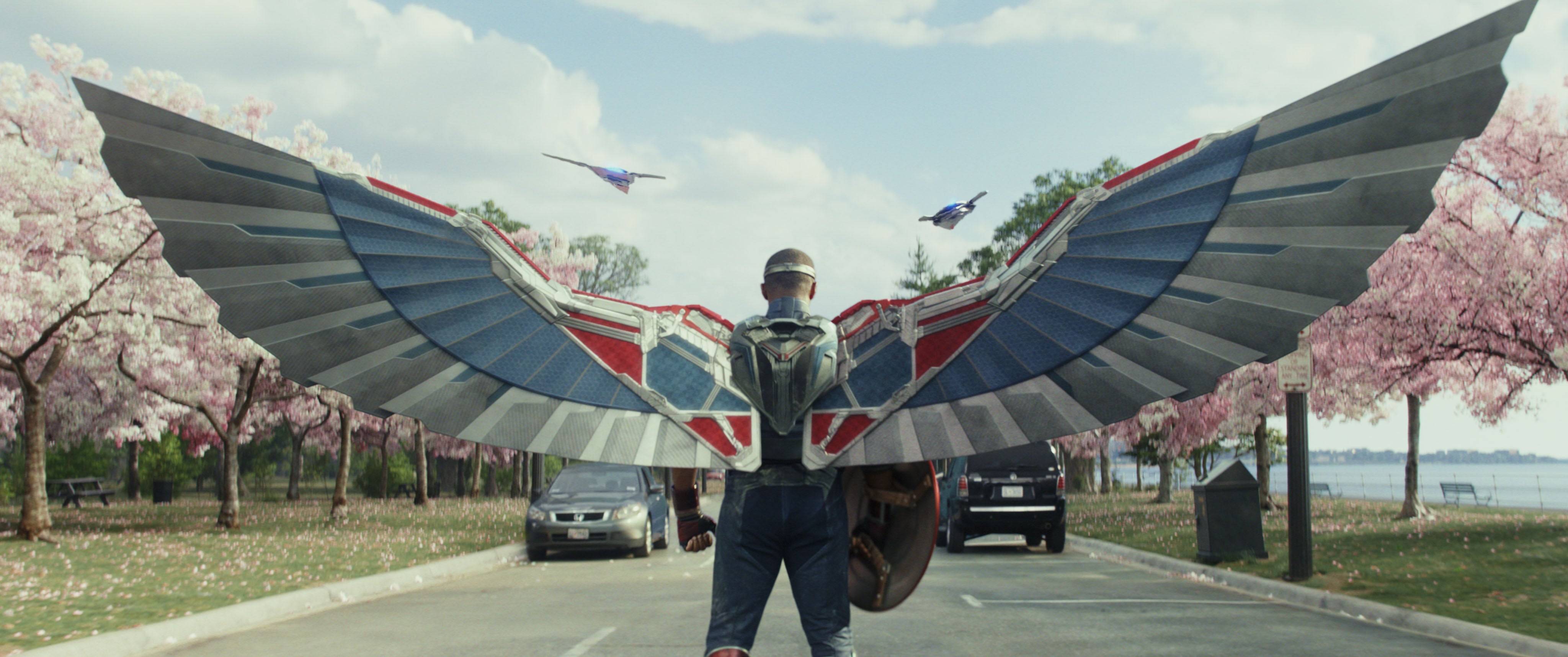
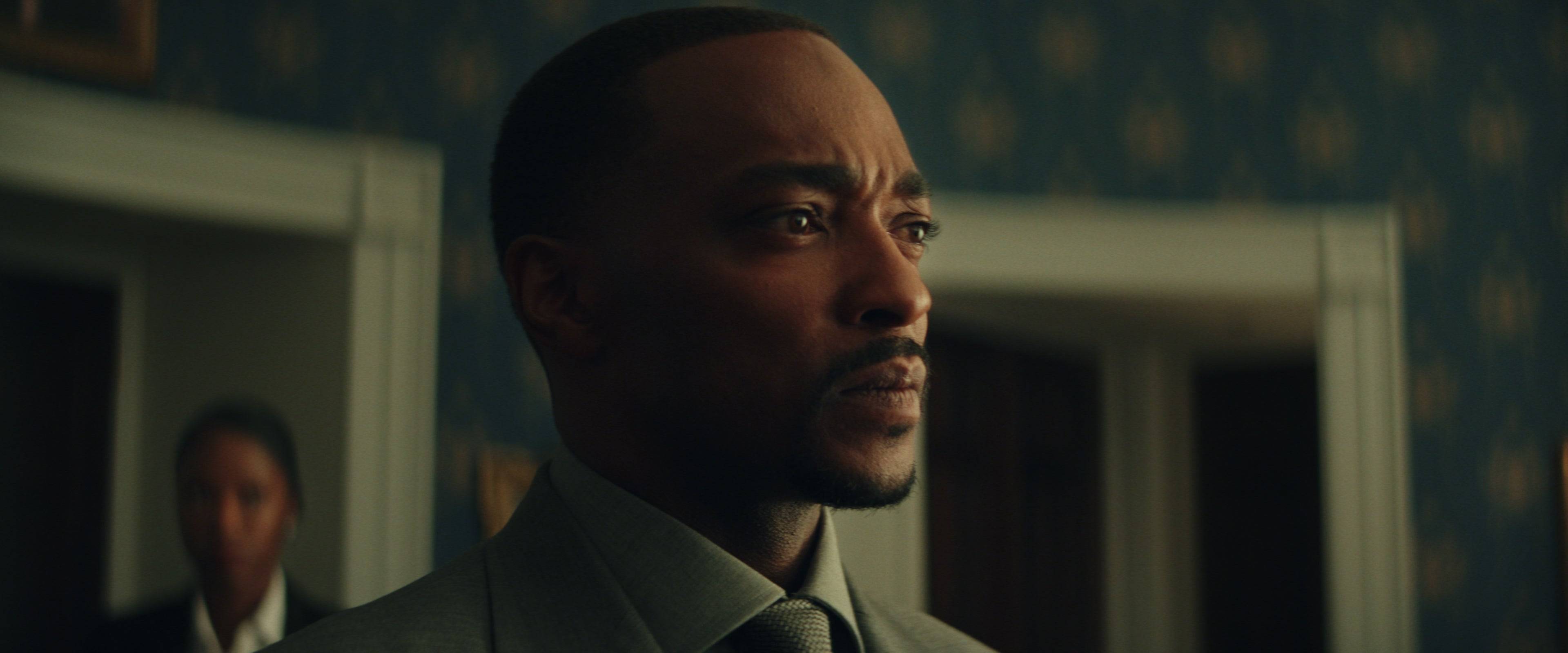
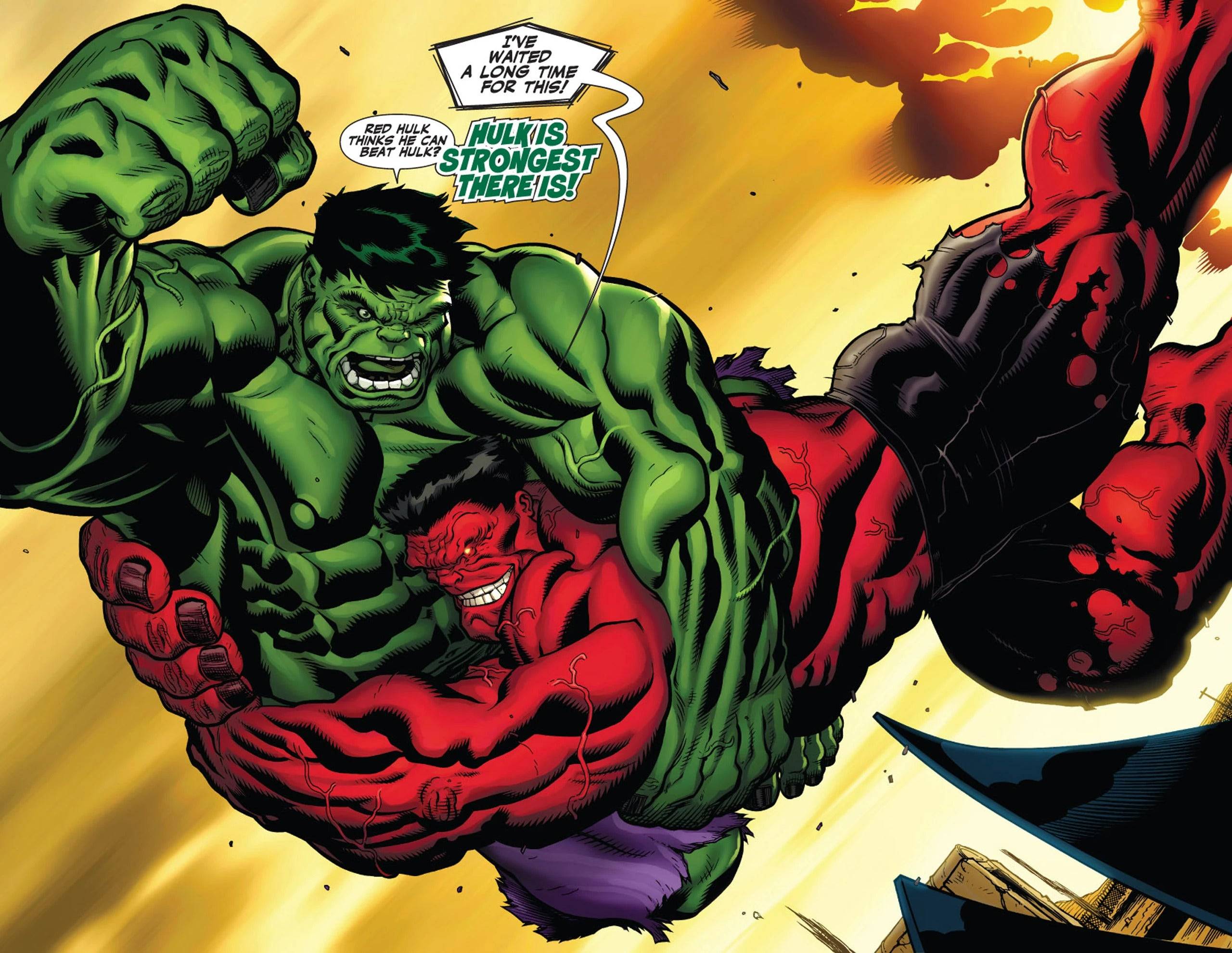
Should Captain America: Brave New World have included more Avengers characters? A poll is needed here to gauge audience opinion.








